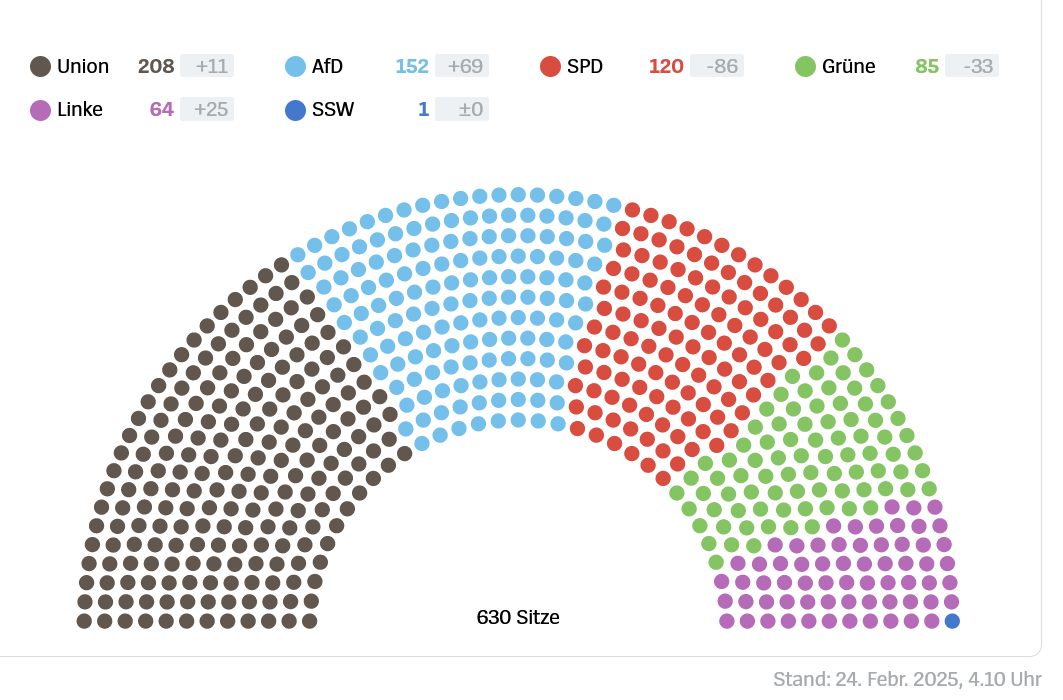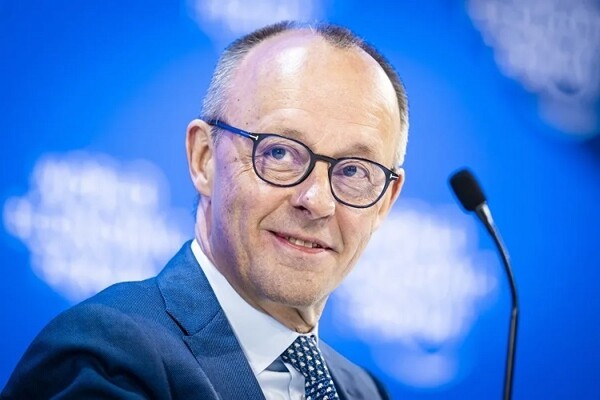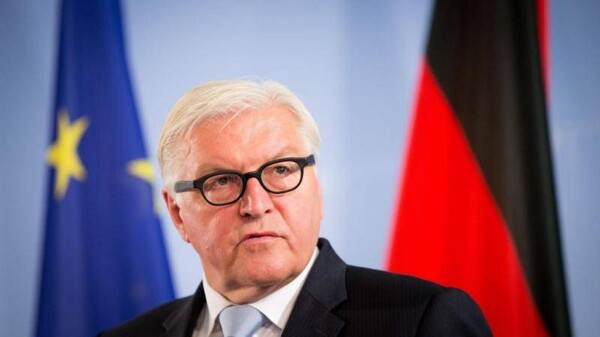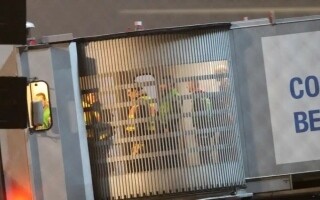
In the recent elections, people over 45 years old tended to vote for the CDU, while young people aged 18 to 25, mostly students, cast their votes for the left-wing party Die Linke. The application of the 5% threshold rule left the liberal FPD out of Parliament. Social issues, such as the lack of affordable housing and personnel in key sectors, have worsened.
The current government has faced crises in the healthcare system, strikes in various sectors, and unfulfilled promises. The governing coalition has collapsed due to the contradictions of capitalism and the loss of competitiveness against China in the Western world. Blaming immigrants for social problems has been a strategy used, and extreme proposals have generated controversy.
The left has managed to position itself as a pro-immigration party, gaining new members and forging potential alliances. The international context, with armed conflicts and rivalries for resources, has influenced the political landscape. Early elections were held due to the lack of consensus in the government. Cuts in various sectors and the constant struggle for resources and markets have marked the political agenda.
Political parties have sought alliances to form viable coalitions, while society faces economic and social challenges. The rise of extremist political forces has raised concerns, and polarization is evident. Despite the divisions, there has been an effort to advance on issues such as climate change and social security.
The political environment has been marked by disputes and controversial proposals. Concerns about economic growth, cuts, and debt have been recurring themes. Political instability has led to changes in alliances and party approaches, reflecting the complexity of the current situation.















